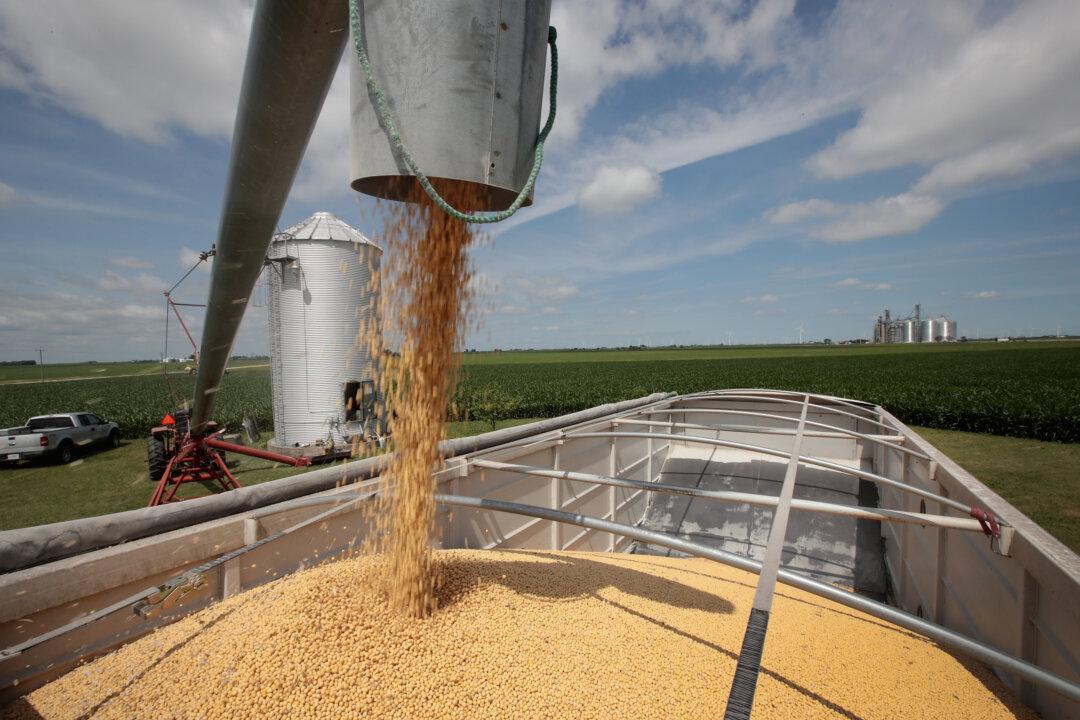WASHINGTON—The United States and the European Union (EU) released their negotiating mandates last month for their bilateral trade talks. Despite sharp differences in goals, both sides have made significant progress in reducing trade barriers in soybeans and energy, boosting hopes for a trade deal this year.
President Donald Trump announced in July last year a “new phase in the relationship” between Washington and Brussels, by striking an agreement “to work together toward zero tariffs, zero nontariff barriers, and zero subsidies on non-auto industrial goods.”





